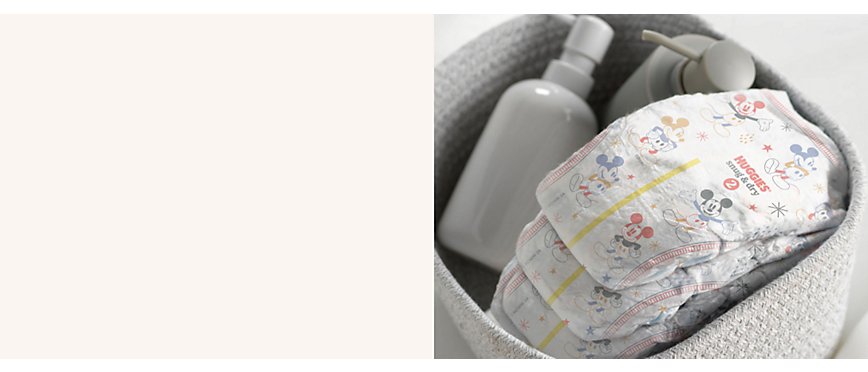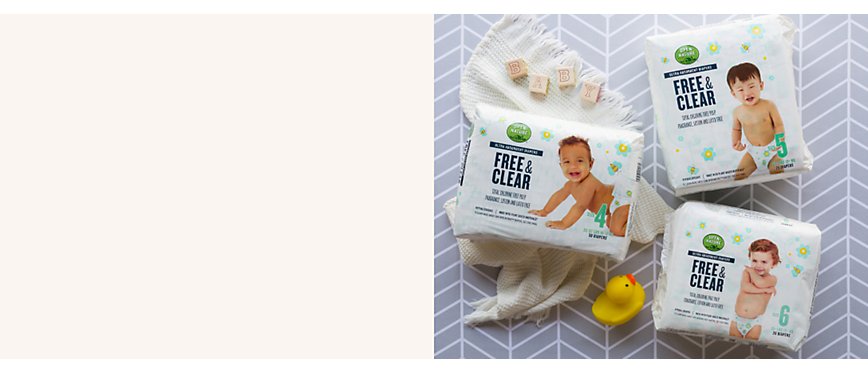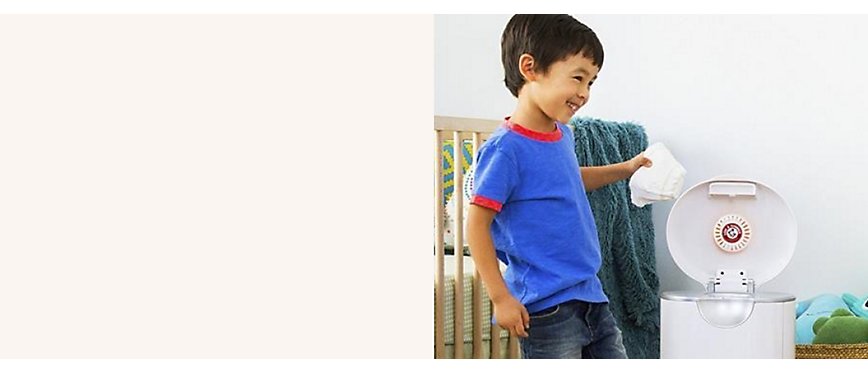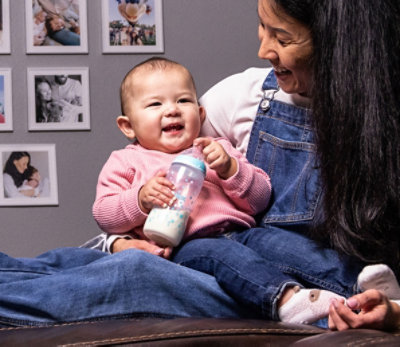When can my baby start using sippy cups?
The American Academy of Pediatrics recommends that babies begin using sippy cups at around 9 to 12 months. *
When do babies start eating baby food?
When you introduce solid foods depends on your baby’s readiness and how well he or she is growing. Your doctor may recommend starting solids between 4 and 6 months of age. *
The American Academy of Pediatrics (AAP) recommends that infants be exclusively breastfed for the first 6 months of life, but if you decide to begin offering solids in addition to breast milk or formula, this is the age range recommended by AAP. **
How long do babies drink formula?
The age your baby stops drinking formula will vary. A good rule of thumb is to offer your baby whole milk when they turn one year old. If you’re breastfeeding, you can stop offering formula altogether at this point. However, if you’re formula feeding and want to continue past age one, the CDC and AAP recommend transitioning them to whole milk as soon as possible.
When do babies start teething?
According to the American Dental Association, most babies begin teething between 6 and 12 months. Children usually have their full set of baby teeth in place by age 3. **
What's the best way to disinfect baby toys?
The best way to disinfect baby toys is to clean them with soap and water. If you have a dishwasher, sterilize them by putting them in the top rack of the dishwasher.
Are baby wipes flushable?
The FDA does not consider baby wipes to be a household product, so there are no regulations regarding flush ability. However, some manufacturers have voluntarily labeled their products as flushable. Baby wipes that are labeled flushable have passed the industry standard tests for disintegration and flow rate (the amount of time it takes for a wipe to completely break down). This means they will pass through your pipes without clogging them or causing damage to the septic system. *** That said, when in doubt, dispose of your wipes in a trash can.










